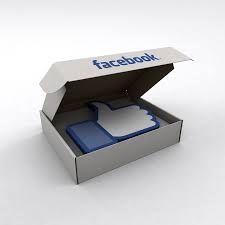
The impact social media is having on the mental health of our children is currently a very prominent question. There is some evidence based research to suggest that it could be having a detrimental affect to our children’s well-being.

For example, the Royal Society for Public Health suggests that children who are heavy users of social media, i.e are spending longer than two hours a day posting, scrolling or tweeting, are apparently twice as likely to report poor mental health conditions.
As well, RSPH found that nearly 80,000 children and young people in the UK suffer with severe depression.
Could this be linked to the increase of technological advances and screen time?
Beth Hemmings investigates, in this first episode of a three part series:
Social media is a powerful tool for connecting people all around the world and for sharing stories- be them positive or negative.

Studies conducted by the NHS have found that in the UK, 91% of 16 to 25 year olds use social media sites regularly.
The NHS also found that what teenagers and young adults are exposed to online, may leave them with feelings of self-consciousness and low self-esteem, which can manifest into anxiety disorders.
So, is this also the case for adolescents with eating disorders and for those within the LGBTQ+ community?
Beth Hemmings investigates this angle, in the second episode of a three- part series:
There seems to be no question within our society today that social media can have a negative influence over people’s mental health.

With this being said, never before has social media been so impactful in helping
shape the world for the better. Be it through campaigns such as #MeToo, or through celebrities celebrating body confidence and self-image.
Social media can also be a positive place for those who have lost loved ones.
Beth Hemmings speaks with a family from Cumbria who share their story of when social media was a positive place when they lost their daughter and sister, Sophie:














Recent Comments